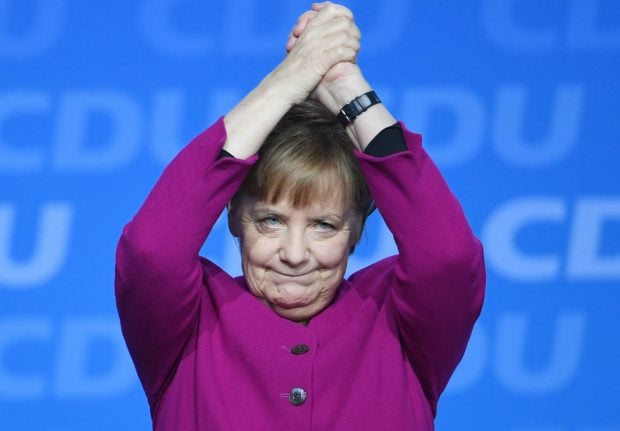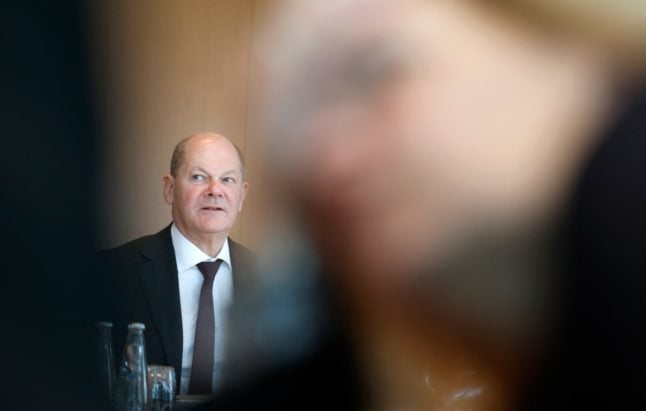Merkel, who has led the centre-right Christian Democratic Union (CDU) since 2000 and Germany since 2005, has expressed the desire to see out her fourth term until 2021.
However a number of scenarios could threaten that plan.
Settling of scores
The most immediate risk could come in the form of old rival Friedrich Merz, whom Merkel muscled off the political stage more than a decade ago.
The charismatic corporate lawyer, 63, is now one of three main contenders to take the helm of the CDU and few believe he would be able to overcome his smouldering resentment to work together with Merkel for long.
“Merz can't stand to be in a room with Merkel for one minute — he has always said that behind closed doors,” said Michael Bröcker, editor of the daily Rheinische Post and close CDU watcher.
A swift end to the Merkel era would also be highly likely if Health Minister Jens Spahn, 38, an outspoken critic of her refugee policy, wins the CDU chairmanship.
Hence she must hope her favoured heir apparent, CDU general secretary and Merkel loyalist Annegret Kramp-Karrenbauer, can unite a majority behind her in the tight race.
SEE ALSO: Germany looks beyond Merkel as party prepares to elect successor
Risky polls
European Union elections in May, in which mainstream parties are expected to lose further ground to the extremes, are also likely to put Merkel's unwieldy “grand coalition” to the test.
Her already fragile alliance with the weakened Social Democrats (SPD) could crumble in the wake of a further poll debacle, triggering new German elections.
With three key state polls to follow in 2019 in the ex-communist east, where the far-right Alternative for Germany (AfD) has built up strong support on a “Merkel-must-go” platform, the CDU might seek to staunch the bleeding by ousting her beforehand.
But even if she hangs on until those regional elections, grim scores in any of them could also force her from office — particularly a possible AfD win in the unsettled state of Saxony.
SPD in disarray
Political scientist Eckhard Jesse of the University of Chemnitz says with all the factors she is up against, it is “nearly unthinkable” that Merkel will hold on for another three years.
SEE ALSO: Greens will replace SPD in long term, says pollster
He cites the sorry state of the SPD as one of the biggest risk factors largely beyond her control, as Germany's oldest party struggles with ideological infighting and a voter exodus.
The SPD sees its alliance with Merkel — who has co-opted many of its positions and squeezed it out of the political centre — as one of the main sources of its woes.
Many party members see jumping ship as the SPD's only hope — a move that would deprive Merkel of a ruling majority.
Such a move could come as soon as after the European elections, or following a planned members' referendum on the “grand coalition” government at midterm in autumn 2019.
It would then be up to Merkel's successor at the head of the CDU to either try to find new partners, or carry the party banner into new elections.
SEE ALSO: Merkel: 'People's parties are in danger'
By Deborah Cole



 Please whitelist us to continue reading.
Please whitelist us to continue reading.
Member comments